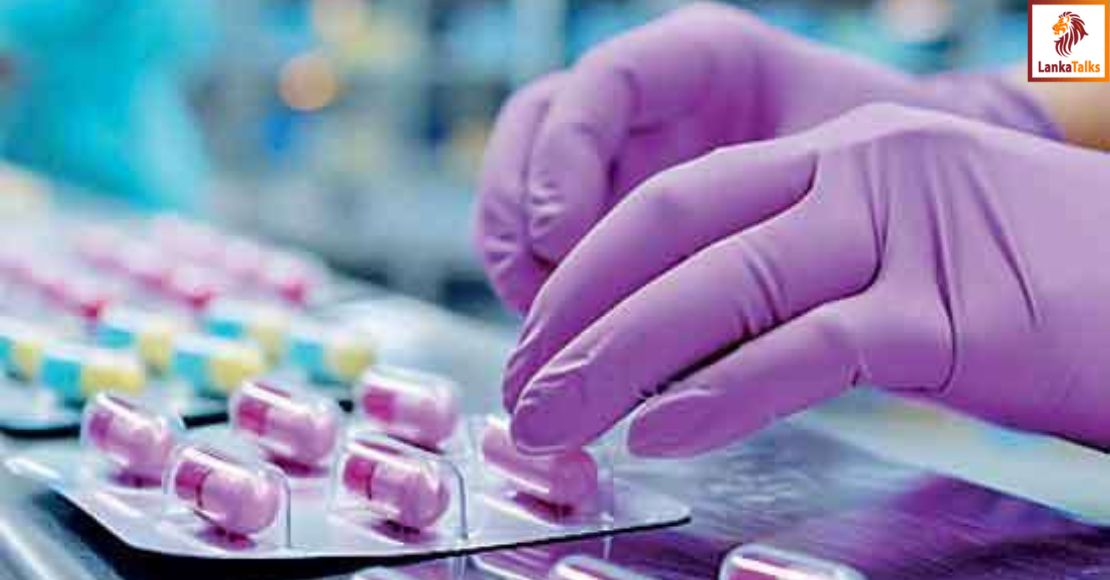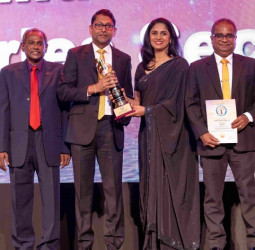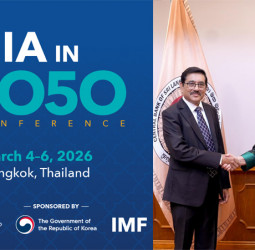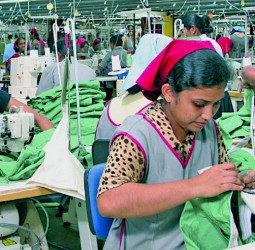- Says domestic pharmaceutical manufacturers are competing with imported pharmaceutical products on an uneven playing field due to taxes imposed on critical packaging material imports
- Asserts local players are well-equipped to compete with imports in both quality and price
The Sri Lanka Pharmaceutical Manufacturers Association (SLPMA) urged the government to create a level playing field for domestic pharmaceutical manufacturers to compete with imported pharmaceutical products.
SLPMA Chief asserted that domestic pharmaceutical manufacturers are competing with imported pharmaceutical products on an uneven playing field due to taxes imposed on critical packaging material imports required to produce various pharmaceutical products domestically.
However, in contrast, no such taxes are imposed on fully imported pharmaceutical products entering the country.
According to SLPMA, a 24 percent tax is imposed on imported packaging materials.
“Although locally produced pharmaceuticals supply 35 percent of the public sector’s demand, they contribute only five percent to the private sector’s demand, mainly due to price competition that favours imports because of the unfair taxation on packaging materials,” SLPMA President Nalin Kannangara said.
The association asserted that local players are well-equipped to compete with imports in both quality and price, but stressed they need a level playing field.
SLPMA Immediate Past President Kalana Hewamallika pointed out that, unlike imported pharmaceuticals, locally manufactured pharmaceuticals meet the latest global standards such as WHO’s and are tested for quality assurance by NMRA. In contrast, no such laboratory facilities exist to determine the safety and quality standards of imported pharmaceuticals in the country.
SLPMA Senior Vice President Dinesh Athapaththu noted that the Association has submitted a proposal to the government as a budget proposal to correct this tax anomaly, which favours imported pharmaceuticals over locally manufactured pharmaceuticals.
Commenting on the possible impact on government revenue, he noted that if this tax on packaging materials were to be removed, it would only create a Rs. one billion impact on state coffers. Hence, he argued that this is unlikely to create any tension with the IMF. Further, he urged the government to consider the significant savings this change would bring in foreign exchange.
Meanwhile, Kannangara highlighted that the lack of government policy has been the main obstacle deterring the development of the local pharmaceutical manufacturing industry. He pointed out that leading pharmaceutical manufacturing nations, such as Bangladesh, had clear government policies supporting their domestic industry, which played a crucial role in making them not only self-sufficient in pharmaceutical production but also leading exporters of pharmaceuticals.
According to Hewamallika, the domestic pharmaceutical manufacturing industry has seen notable growth over the past decade, from manufacturing 70 pharmaceutical products in 2015 to about 300 pharmaceutical products today.
There are about 23 manufacturing plants in operation. The industry also employs about 50,000 workers while supporting many ancillary industries. The buy-back agreements between SPC and private sector players have played a key role in this growth journey.
While the industry has also explored export opportunities, Hewamallika noted that the 30 percent corporate income tax has become a deterrent to competitiveness in targeted markets.
Source: Daily Mirror



 Mifra
Mifra



